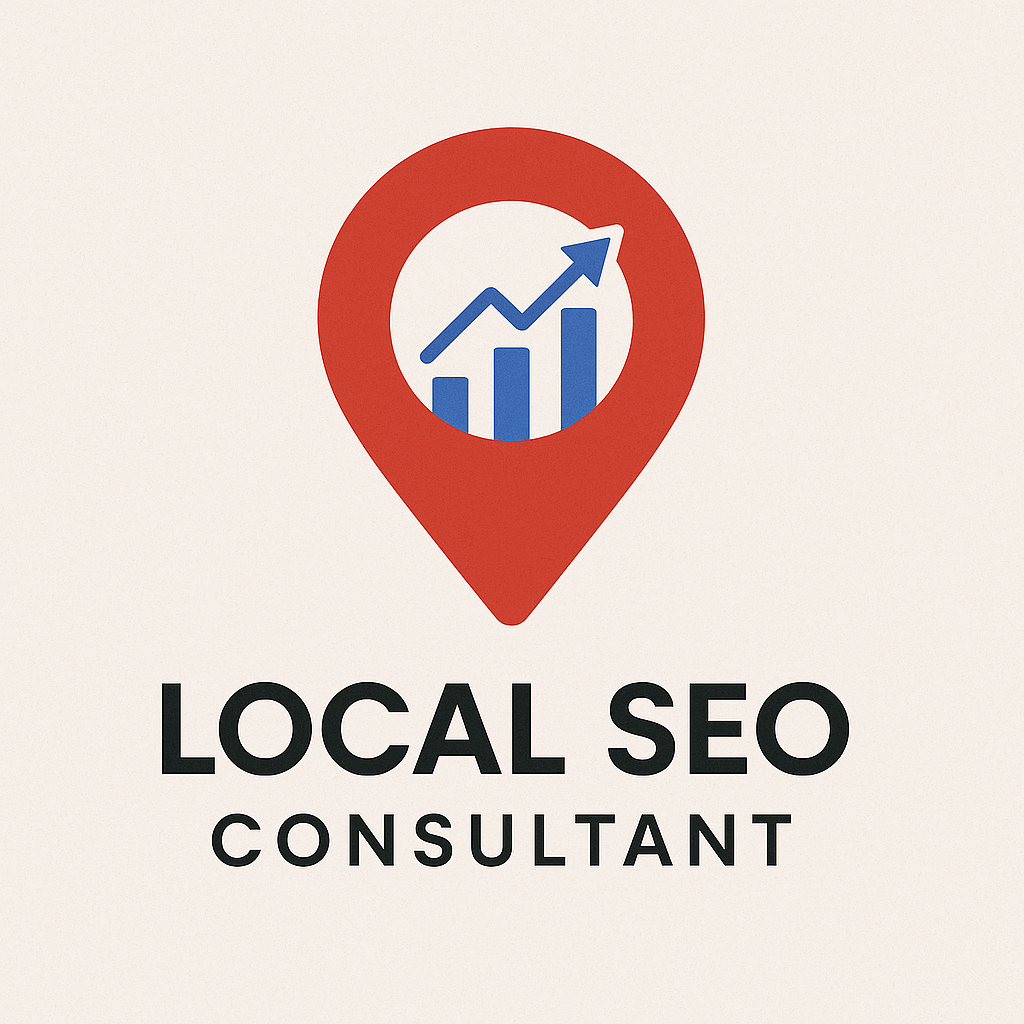In the competitive SaaS landscape, achieving sustainable growth requires more than just paid advertising. An effective enterprise SEO strategy can drive high-intent leads, reduce customer acquisition costs, and position your brand as an industry leader. This guide explores the unique digital challenges SaaS companies face and outlines seven actionable ways to scale your business with SEO.
Unique Digital Challenges For SaaS Companies
SaaS brands operate in a dynamic environment where customer expectations and market competition are constantly evolving. Here are five key challenges that shape their SEO strategies:
- Scaling Growth Efficiently: SaaS companies need to attract a steady stream of qualified leads while maintaining cost-effective growth. Relying solely on paid channels can strain budgets and limit scalability.
- Balancing Customer Support & Self-Service Models: Many SaaS platforms emphasize self-service, but customers still expect robust support. SEO can bridge this gap by delivering helpful content at critical touchpoints.
- Maximizing LTV: Acquisition Vs. Retention Focus: While acquiring new customers is essential, retaining existing ones drives long-term revenue. SEO supports both by targeting intent-driven acquisition and nurturing retention through educational content.
- Protecting & Leveraging Your Brand In Search: Competitors often bid on branded keywords, diluting your visibility. A strong SEO strategy ensures your brand dominates search results.
- Aligning SEO With Buyer Journeys & Intent Signals: SaaS buyers follow complex journeys, researching solutions extensively before committing. SEO must map content to these journeys, addressing pain points and intent at every stage.
Benefits Of SEO For Sustainable SaaS Growth
Investing in SEO delivers measurable advantages for SaaS companies aiming for long-term success. Here’s why it’s a game-changer:
- Sustainable, Scalable Growth: SEO builds a predictable pipeline of high-intent leads, reducing reliance on volatile paid acquisition channels.
- Lower Customer Acquisition Costs (CAC): By driving organic traffic, SEO minimizes dependency on costly PPC campaigns, improving marketing ROI.
- Stronger Brand Authority & Visibility: Dominating search results establishes your SaaS brand as the trusted solution in your niche.
- Higher Customer Retention & Engagement: Authoritative content educates users, streamlines onboarding, and reduces churn by addressing common pain points.
- Enhanced Omnichannel Performance: SEO insights inform messaging across paid, social, and email channels, boosting overall conversion rates.
7 Actionable Ways To Scale SaaS Businesses With SEO
To unlock these benefits, SaaS brands must implement a strategic, enterprise-level SEO approach. Below are seven actionable steps to scale your business effectively:
- Conduct Comprehensive Keyword Research Identify high-intent keywords that align with your SaaS offering and buyer personas. Focus on long-tail keywords (e.g., “best CRM for small businesses”) that reflect specific pain points or use cases. Use tools like Ahrefs or SEMrush to analyze search volume, competition, and intent (informational, navigational, or transactional). Map these keywords to stages of the buyer journey—awareness, consideration, and decision—to create targeted content.
- Optimize for Bottom-of-Funnel (BOFU) Content SaaS buyers often convert when they find content that addresses their immediate needs. Create BOFU content like product comparisons, case studies, and demo pages optimized for keywords like “[competitor] alternative” or “[solution] pricing.” Ensure these pages have clear CTAs, fast load times, and mobile-friendly designs to maximize conversions.
- Build a Content Hub for Thought Leadership Establish your brand as an industry authority by creating a content hub filled with in-depth guides, whitepapers, and blog posts. Cover topics that resonate with your audience, such as “how to improve customer retention with [your solution].” Use internal linking to guide visitors toward high-value pages and optimize for featured snippets to boost visibility.
- Enhance Technical SEO for Scalability A technically sound website is critical for enterprise SEO. Audit your site for issues like broken links, slow page speeds, and poor mobile usability. Implement structured data (e.g., Schema.org markup) to enhance search result appearances. For SaaS platforms with large content libraries, use dynamic sitemaps and crawl-efficient site architecture to ensure search engines index your pages effectively.
- Leverage Customer Success Stories Case studies and testimonials build trust and drive conversions. Optimize these pages for branded and solution-specific keywords (e.g., “[your brand] customer success”). Highlight measurable results, such as “reduced onboarding time by 30%,” to appeal to decision-makers. Promote these stories across your blog, social media, and email campaigns for maximum reach.
- Protect Your Brand in Search Results Monitor branded keyword performance and defend against competitors bidding on your terms. Create dedicated landing pages for branded queries (e.g., “[your brand] features”) to dominate organic results. Additionally, claim and optimize your Google Business Profile and other review platforms to enhance local and branded visibility.
- Integrate SEO with Other Channels SEO doesn’t operate in isolation. Use organic search insights to refine your paid campaigns, social media strategies, and email nurturing sequences. For example, repurpose top-performing blog posts into LinkedIn articles or email newsletters. Align messaging across channels to create a cohesive buyer experience that drives engagement and conversions.
Conclusion
An enterprise SEO strategy is a powerful tool for SaaS brands seeking sustainable growth. By addressing unique digital challenges and implementing these seven actionable steps, you can drive high-intent traffic, lower acquisition costs, and build lasting brand authority. Start by auditing your current SEO performance and prioritizing initiatives that align with your business goals. With a strategic approach, SEO can become the backbone of your SaaS growth engine.
